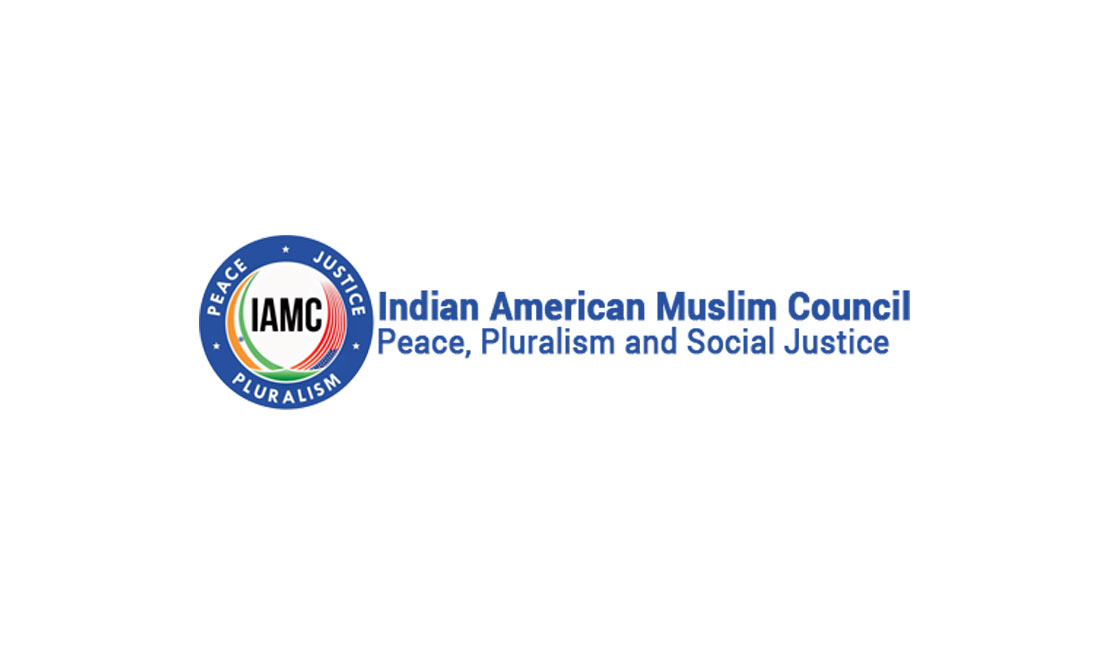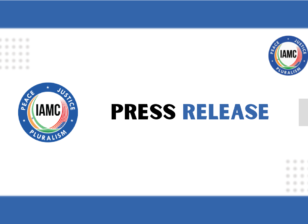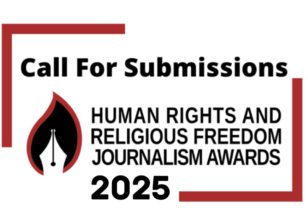Supreme Court’s Acquittal of innocents in Surat 1993 bomb blasts case hailed by Indian Americans
Case is indicative of corruption in lower courts, logjam in judiciary
July 20, 2014
The Indian American Muslim Council (IAMC – www.iamc.com), an advocacy group dedicated to safeguarding India’s pluralist and tolerant ethos, has lauded the landmark Supreme Court judgment acquitting the 11 innocent people accused of having carried out the bomb blasts in Surat (Gujarat) in 1993, while decrying the miscarriage of justice that led to their convictions by the lower courts in Gujarat.
The 11 people, including former Congress minister Mohammed Surti had been convicted in Gujarat under the draconian Terrorist and Disruptive Activities (TADA) Act, and sentenced to jail terms ranging from 10 to 20 years. The real masterminds behind the two Surat blasts, that led to the death of a school girl and injury of several others, continue to remain at large.
The unravelling of the Surat case comes on the heels of the judgement in the Akshardham case, in which the Supreme Court acquitted all six accused, including three that had been sentenced to death by the Gujarat High Court. In the case of the Akshardham accused, justice was served after they had spent 10 years of their lives in prison, for a crime they had not committed.
“The Surat and the Akshardham acquittals are indicative of the misery that befalls Muslims that fall prey to a repressive law enforcement and corrupt state courts. Often they have to spend 10 to 20 years in prison, while the case winds its way through the maze of the Indian judiciary, before having their innocence finally upheld by the apex court,” said Ahsan Khan, President of IAMC. “In the case of Khalid Mujahid and Mohammed Qateel, even the Supreme Court was unable to save them. Their lives were cruelly snuffed out, while in police custody or serving time in prison,” added Mr. Khan.
At the recent Congressional hearing on “The Plight of Religious Minorities in India,” held on April 4th 2014, organizations with international credibility, such as Human Rights Watch, The Advocates for Human Rights and the USCIRF testified to the Tom Lantos Human Rights Commission on the worsening situation of minorities in regards to human rights and religious freedom.
A major reason why perpetrators of violence against religious minorities enjoy impunity from prosecution is due to the logjam in the Indian judicial system. According to the statement made by Former Prime Minister Manmohan Singh to the Indian Parliament, India has the largest backlog of cases in the world. There are 30 million cases pending in Indian courts, 4 million of which are pending in high courts and 65,000 in the Federal Supreme Court itself. It takes an average of 10 years to adjudicate a case in a court. Once a verdict is given in the lower court, the appeal process to the Supreme Court can take several decades. This makes any remedies to human rights violations such as judicial redress impractical. After 30 years, cases against perpetrators of the 1984 mass killings are still getting adjudicated. With some exceptions, most cases stemming from the 2002 anti-Muslim pogroms in Gujarat have met the same fate. In both cases, the masterminds of the pogroms continue to roam free.
IAMC has called on the civil society institutions to join hands and struggle for reform in both the police and judiciary, in order to uphold Constitutional guarantees of human rights and justice for all, regardless of caste, creed, gender, or ethnic origin.
Indian-American Muslim Council (formerly Indian Muslim Council-USA) is the largest advocacy organization of Indian Muslims in the United States with 13 chapters across the nation. For more information please visit our new website at: https://www.iamc.com/
CONTACT:
Ishaq Syed
phone/fax: 1-800-839-7270
email: info@iamc.com
address: 6321 W Dempster St. Suite 295, Morton Grove, IL 60053.
REFERENCES
1. Supreme Court Rescues Innocents Jailed For 1993 Surat Blasts Case, Acquits All 11
http://www.thecitizen.in/supreme-court-rescues-innocents-jailed-for-1993-surat-blasts-case-acquits-all-11/
2. Setback for Gujarat govt, SC acquits all accused in 1993 Surat blast cases
http://indianexpress.com/article/india/india-others/setback-for-gujarat-govt-sc-acquits-all-accused-in-1993-surat-blast-cases/
3. India has world’s largest backlog of court cases: PM
http://www.ndtv.com/article/india/india-has-world-s-largest-backlog-of-court-cases-pm-7137
4. INDIA: Remedies to human rights violations a mirage, Asia Human Rights Commission, Feb 27, 2014
http://www.humanrights.asia/news/alrc-news/human-rights-council/hrc25/ALRC-CWS-25-14-2014
5. The Plight of Religious Minorities in India, Tom Lantos Human Rights Commission Hearing, FRIDAY, APRIL 04, 2014, 10:30 AM
http://tlhrc.house.gov/hearing_notice.asp?id=1259
6. ANHAD Report – What It Means to be a Muslim in India Today
http://www.anhadin.net/article122.html
7. Khalid Muhahid – From Abduction to Custodial Killing
http://www.youtube.com/watch?v=4cegWbjkCi0
8. Framed, Damned, Acquitted – Dossiers of a Very Special Cell
http://www.jamiajournal.com/wp-content/uploads/2012/09/JTSA-Report-Framed-Damned-and-Acquitted-Dossiers-of-a-Very-Special-Cell.pdf



